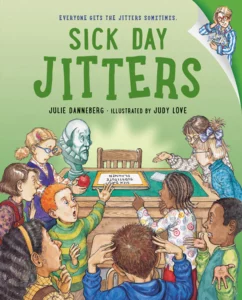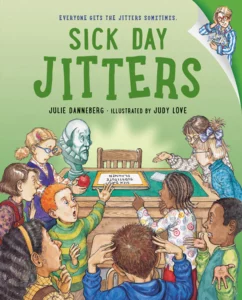 I love my critique group. We have been sharing our writing, and for that matter, our lives, for over fifteen years. When we first started meeting, we were all new to writing for publication. Now, fifteen years and many, many stories later, we have all been published. I honestly don’t think I could have done it without them.
I love my critique group. We have been sharing our writing, and for that matter, our lives, for over fifteen years. When we first started meeting, we were all new to writing for publication. Now, fifteen years and many, many stories later, we have all been published. I honestly don’t think I could have done it without them.
If you are new to writing, you might wonder why critique groups are so important.
Of course, there are the obvious reasons of community, support, and objective but educated feedback.
But, I think, one of the most important reason to belong to a critique group is that the act of critiquing someone else’s writing inevitably helps you improve your own.
“Why?” you ask.
Well, the answer is quite simple. As a writer our best writing comes from what we are passionate about. And, because of that passion, we slave over a piece of writing for days, or weeks or even, months and years. The more time we work on a project the closer we get to it. In fact, we carry it around with us, in our head and in our heart, even when we aren’t writing. That passion, that perseverance, that dedication is what moves us forward as a writer, but it can also be what holds us back. We get so close to our writing that sometimes it is hard to see it objectively.
And, if you can’t see your work objectively, it is very hard to revise it effectively.
When we read someone else’s writing, we give them the gift of our objectivity. We give them feedback solely on the writing that we see on the page, not the thinking and creativity that is in their mind.
After a time of seeing the “mistakes” or “flaws” in other people’s writing, we begin to recognize some of those exact same issues in our own. And once we see them, we can fix them. So, as you spend time critiquing someone else’s writing, you are also learning how to critique your own.
If you’ve never been in a critique group and are afraid of the feedback that you might receive. Don’t be. Most groups set up rules for how to critique. You can find different versions of those on the internet. Most groups are made up of people on similar levels and as you learn together, you grow together, and as time passes your critiques become more and more sophisticated because your writing becomes more and more sophisticated.
So, if you haven’t joined a critique group and are serious about writing, join one. I promise you, you won’t be sorry.
Teachers, assigning your students to critique groups can be a powerful growth experience for them. I found that it worked best if I chose the groups based on students’ writing levels. It was helpful, at least at the beginning, to guide their critiques by assigning a specific writing skill or trait to look for, one related to something that I had taught and we been working on during our writing workshop. For instance, after working on the difference between showing vs telling, they might give feedback to each other on that specific writing skill. Four students seemed to be the optimum number for a group..


